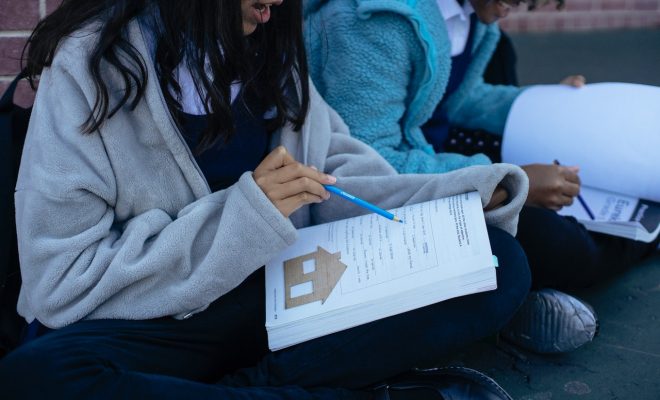Is It Rude To Text People Late At Night? Etiquette Experts Have Thoughts.

In our hyper-connected world, it’s almost second nature to reach for our phones to communicate with friends, family, or colleagues at any hour. However, as convenient as late-night texting may seem, it raises a pertinent question: is it considered rude to send messages late at night? To delve deeper into this social quandary, we turned to etiquette experts who provide valuable insights into late-night texting etiquette.
The Changing Landscape of Communication
Historically, the unwritten rules of communication dictated that certain hours were reserved for quiet and rest. Phone calls and messages were expected to occur within daylight hours, particularly when it came to personal relationships. However, as technology has evolved, so too have our communication habits. The rise of social media, text messaging, and instant communication has blurred the boundaries of appropriate timing.
Etiquette experts suggest that the acceptability of late-night texting largely depends on context. Factors such as your relationship with the recipient, the urgency of the message, and even individual preferences all play a significant role in determining whether a late-night text is considered disrespectful.
The Context of the Relationship
According to Carolyn O’Neil, a certified etiquette expert and author, the nature of your relationship with the person you’re texting significantly influences the etiquette surrounding late-night messages. “If you’re texting a close friend or family member, a late-night message may be acceptable and even welcomed,” O’Neil explains. “They likely understand your communication style and may appreciate your thoughts, regardless of the hour.”
Conversely, when it comes to acquaintances or professional colleagues, discretion is the better part of valor. Texting someone you don’t know well or a superior late at night can come across as intrusive or even disrespectful. “In a work context, sending messages late can disrupt the recipient’s work-life balance and might be seen as overstepping professional boundaries,” notes etiquette consultant Anna Post.
The Nature of the Message
Urgency plays a crucial role in the appropriateness of late-night texting. If the matter is critical — such as an emergency or urgent work-related issue — then sending a message late at night may be justified. In such cases, the recipient may understand the necessity of your communication despite the timing.
However, casual messages or non-urgent topics can lead to misunderstandings or frustrations, especially when the recipient is trying to unwind or sleep. “It’s important to gauge whether what you’re about to send is essential,” says etiquette coach Judith Bowman. “If it can wait until morning, it probably should.”
Individual Preferences Matter
Additionally, preferences regarding late-night communication can vary greatly among individuals. While some people may be night owls and welcome messages at any time, others are early risers who value a good night’s sleep. Before texting late, it’s wise to consider the recipient’s typical habits and preferences.
As a rule of thumb, establishing open lines of communication about boundaries can mitigate potential issues. “It’s worth having a conversation with friends and family about their preferences for late-night texts,” suggests O’Neil. “This way, everyone is on the same page and can feel comfortable with the timing of messages.”
Cultural Considerations
Cultural context also plays a pivotal role in determining the etiquette of late-night texting. In some cultures, late-night conversations are commonplace and accepted, while in others, they might be seen as intrusive. For example, in certain social circles, where late nights are part of the lifestyle, texting at odd hours may be the norm. Conversely, formal cultures may strongly adhere to guidelines about communication timeframes.
Conclusion
In an age where communication is constantly evolving, there is no one-size-fits-all answer to whether it’s rude to text people late at night. The appropriateness of late-night messaging depends on various factors such as the relationship, the nature of the message, individual preferences, and cultural considerations.
Understanding these nuances allows us to navigate the digital communication landscape with more sensitivity and awareness. Ultimately, when in doubt, it’s prudent to err on the side of caution; if your message can wait until morning, it likely should. By doing so, you respect the boundaries of others and foster more considerate communication practices overall.




